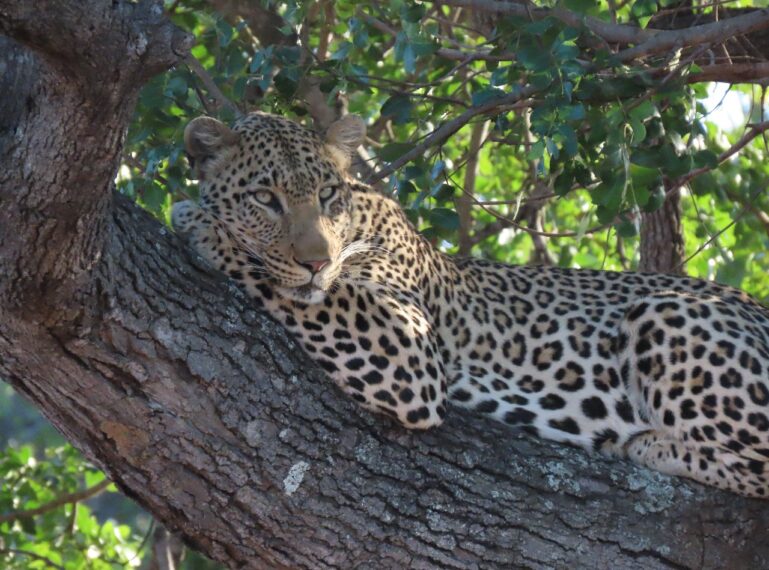
We’ve put together our top 10 safari FAQs and provided firsthand answers based on our expert knowledge of the bushveld and safaris. Whether you’re deciding what to pack, choosing your destination, or curious about the birdlife to look for, we’ve made an effort to answer all your common and quirky questions. If you have any safari FAQs that you’d like answered or added to our list, drop your question in the comments or email reservations@sundestinations.co.za.
Top 10 Safari FAQs
What is a safari?
The Swahili word “safari” originates from the Arabic word, “safar”, which means journey or travel. The word safari was used in the early 19th century to describe lengthy hunting expeditions to Africa. A safari now describes an ecotourism adventure into protected spaces where wildlife roams free in their natural habitat. These protected spaces are usually national parks or reserves, spanning thousands of hectares of biodiverse landscapes. Typically, when you go on safari you stay at a camp or lodge, and pay a rate that includes all guided activities and meals. This is because lodges are located away from towns and cities, right in the middle of nowhere! You’ll spend your days in vehicles tracking wildlife with a guide or tracker, unless you opt for a self-drive safari in national parks and areas that aren’t privately owned.
When is the best time to go on safari?
This varies from country to country in Africa, and is also dependent on what you’d like to see. Most countries offer great year-round sightings, but sightings differ from season to season.
In Kruger and Botswana, where our camps and lodges are located, there are two distinct seasons to visit: summer and winter. However, both spring and autumn offer fairly moderate weather and are typically more affordable and quieter times to travel. The dry season, winter (May- August/Sep) is considered peak safari season. This is when the bushveld thins out and its easier to spot wildlife. There’s also a lack of water, so animals can be found at waterholes. During summer (Nov – Feb/Mar), there are remarkable thunderstorms and bursts of torrential rains. This abundance of water floods rivers and turns the dry veld into a lush green paradise. Although trickier to spot big wildlife, summer is the best time to see migrant birds and the birth of young animals.
How can I practice responsible travel while on safari?
You can begin right from the booking process. We advise booking your safari through a company that prioritizes making an impact and giving back. Sun Destinations supports Nourish Eco Village and the Endangered Wildlife Trust (EWT). You can also dig a little deeper and select a camp in our portfolio that is known for its eco practices. For instance, Africa on Foot and nThambo Tree Camp are eco-friendly camps powered by solar energy. Africa on Foot Wilderness Trails and Mboma Island Expeditions are mobile camps, significantly minimizing your carbon footprint
What to wear on safari?
The weather during the summer season can reach temperatures of up to 45°C, accompanied by high humidity. You will need very light clothing, swimming gear, and be prepared to change outfits. Hats and sunglasses are a must! If travelling in summer, leave the heavy khaki at home. Winter can get intensely cold in the mornings, and you’ll feel the icy bite of the wind while out in open-topped game viewers. Be sure to pack jackets, beanies and all of your cold weather gear.
When it comes to colour schemes, go neutral. Mosquitoes and flies are drawn to navy blue and black. Mosquitoes are also drawn to orange, reds and teal colours. Light colours like white, beige and olive greens will keep you cool, and keep the bugs way.
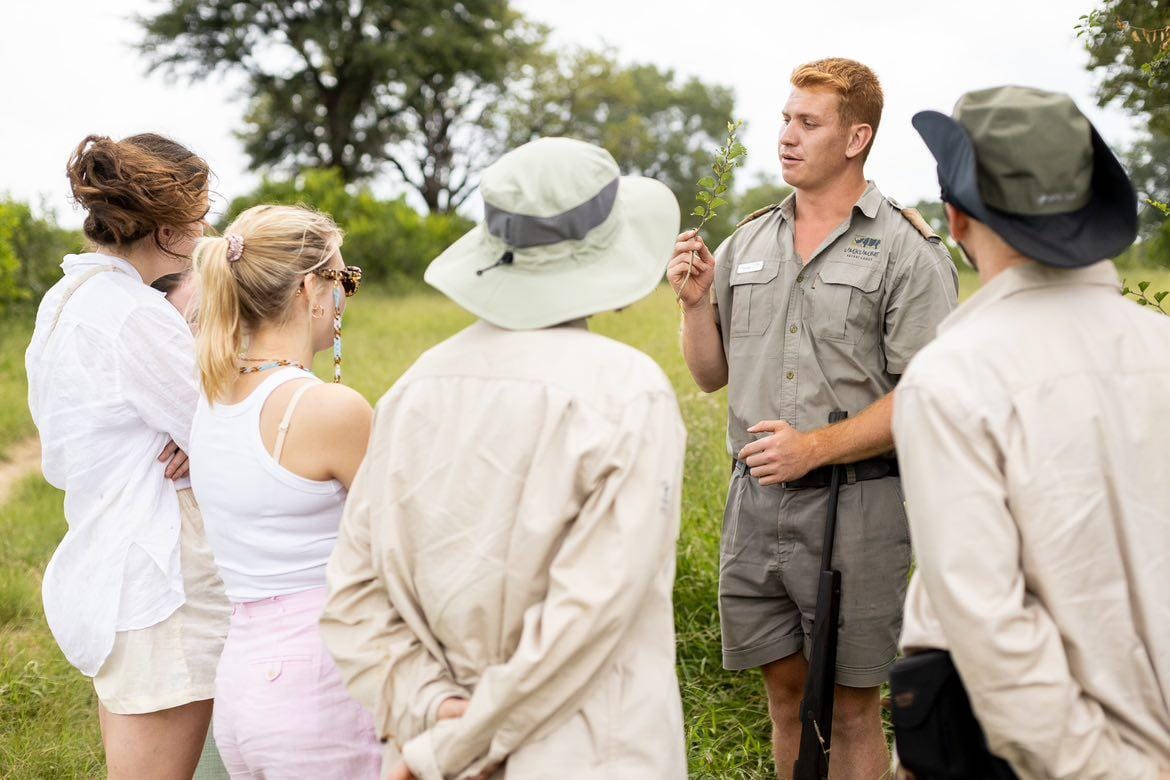 What wildlife can I expect to see on a safari?
What wildlife can I expect to see on a safari?
Pretty much everything! Southern Africa is home to the famous Big 5 as well as rare species like the African wild dog and cheetah. Dwelling in the thickets, you’re also bound to find endangered pangolins, aardvark, African wild cat, honey badgers, dwarf mongoose, and a range of antelope species. Then of course, there are birds endemic to the area, as well as migratory species to spot.
Here is the species count for Botswana:
- 570 species of bird
- 170 mammals in Botswana (with 22 antelope species)
- 80 species of fish in the Okavango Delta
Here is the species count for Kruger:
- Over 500 species of bird
- 147 mammals in Kruger
- Interestingly enough, there are also 49 fish and 41 snake species
What activities can I expect on safari?
Each camp and lodge tailors the safari experience to suit different preferences. While some may offer thrilling helicopter rides, boating, mokoro (Botswana) and horseback safaris—more niche activities—most camps and lodges in private reserves provide a range of standard safari experiences, including:
- Twice-daily game drives: Predators are most active in the early morning and late evening. Game drives are guided and usually take place in an open-topped game viewer. They usually last for about 3-hours while the guides and trackers find wildlife.
- Bush walks: Some camps specialise in morning walking safaris, while other lodges offer short bush walks after breakfast. Led by qualified trails guides, bush walks offer an immersive experience.
- Boma nights: Lodges and camps have a boma area, which is a cosy space with a roaring campfire surrounded by seating or safari chairs. It’s a place to connect with others, enjoy drinks, traditional dinners and stargaze.
- Sundowners: On safari, it’s customary to celebrate golden hour. During the evening game drive, you’ll stop for sundowners in the middle of an open area. At most places, you can book private sundowner sessions.
What’s included in the cost of a safari?
If you stay in a private reserve at a lodge, the cost includes accommodation, all activities – bush walks and game drives, and all meals. The only thing you might have to pay for, is your drinks. Self-catering places are usually more budget-friendly because they only include accommodation.
How should I prevent malaria?
While in camp, be sure to use the mosquito nets at night and the insect repellent during the day. Mosquitoes don’t like fans and air conditioning, so if available—switch them on. Also, you can choose to take preventative medication which would need to be prescribed by your local healthcare provider.
What are the features of a private game reserve?
Game reserves aren’t parks, they are large open protected areas often with unfenced borders with other reserves so that animals can roam freely throughout. There’s also restricted and limited activity in reserves, and major conservation efforts to save endangered species. You aren’t allowed to self-drive in a private game reserve—all drives are professionally guided. You’ll also have the opportunity to go off road and get up close to wildlife.
Can you guarantee Big 5 sightings?
The chances of encountering the Big Five are quite high, with many guests often spotting all five within just a couple of days. However, sightings are never guaranteed, as the animals roam freely, and their behaviour, while observed, remains unpredictable. That said, certain species, like lions, establish territories, which can provide clues about their whereabouts. Elephants and buffalo are particularly fond of water, so visiting waterholes often yields the best opportunities for spotting these majestic creatures. Additionally, experienced guides possess a keen understanding of wildlife patterns, further enhancing your chances of making remarkable sightings.
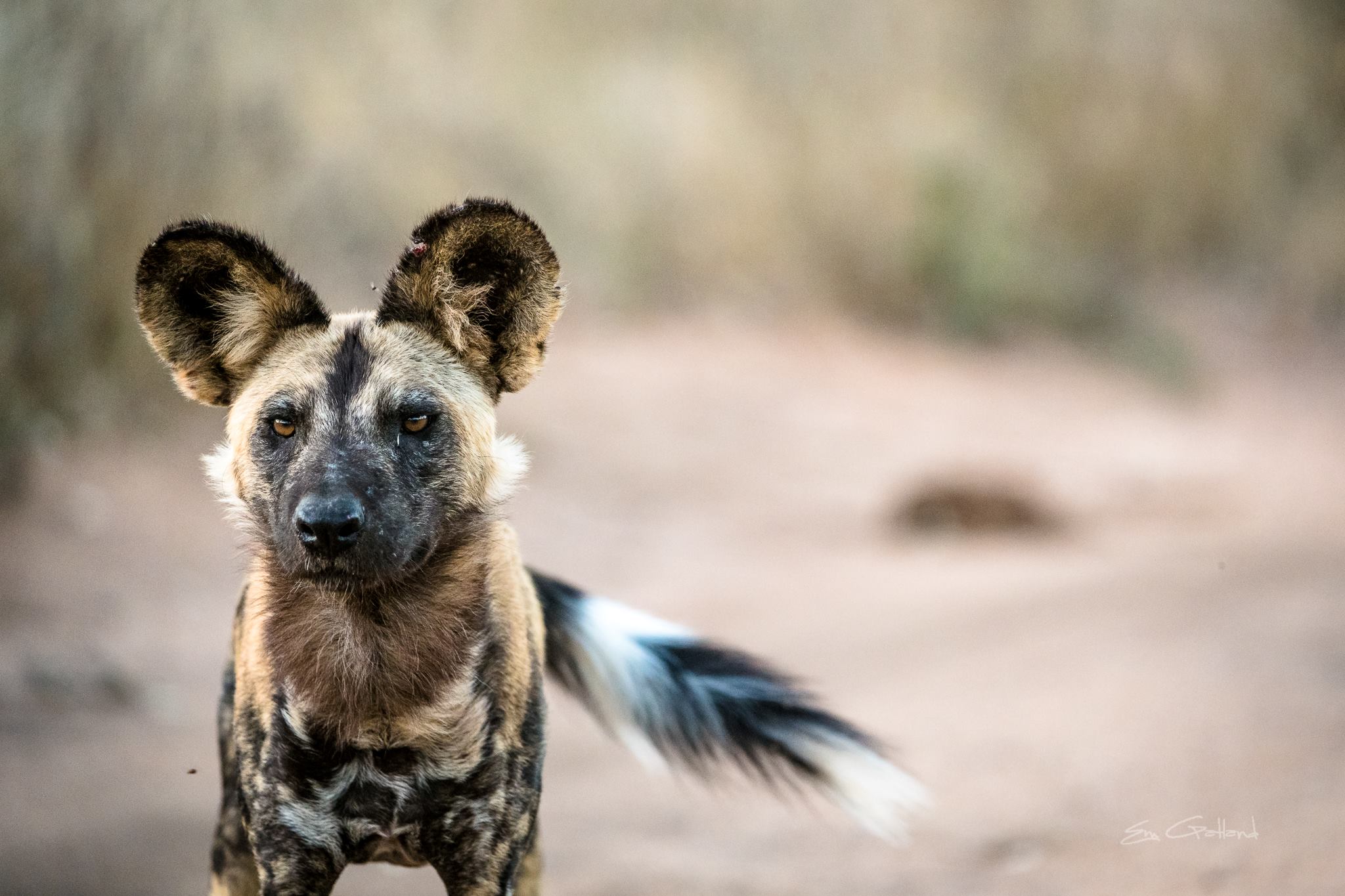
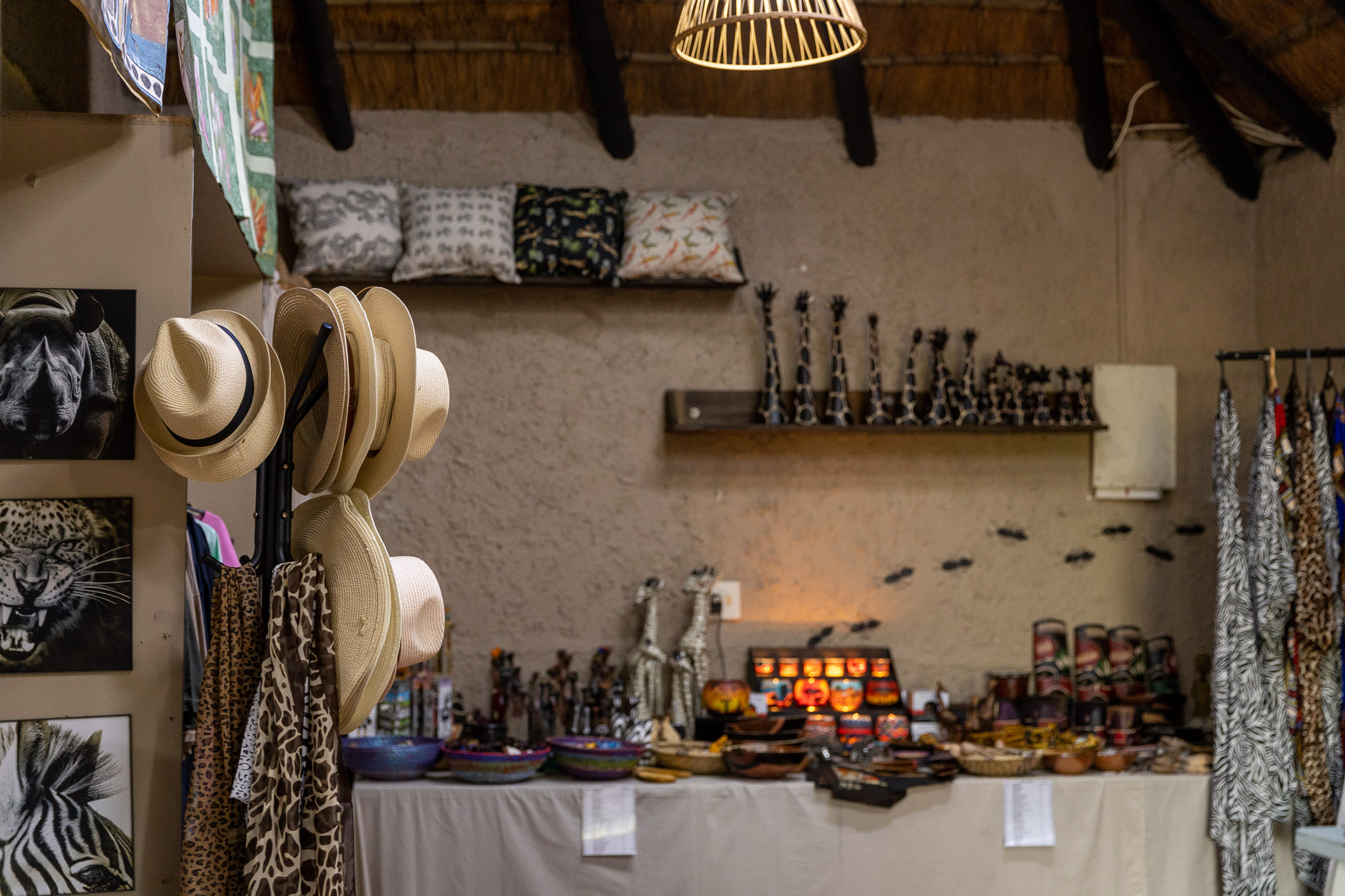
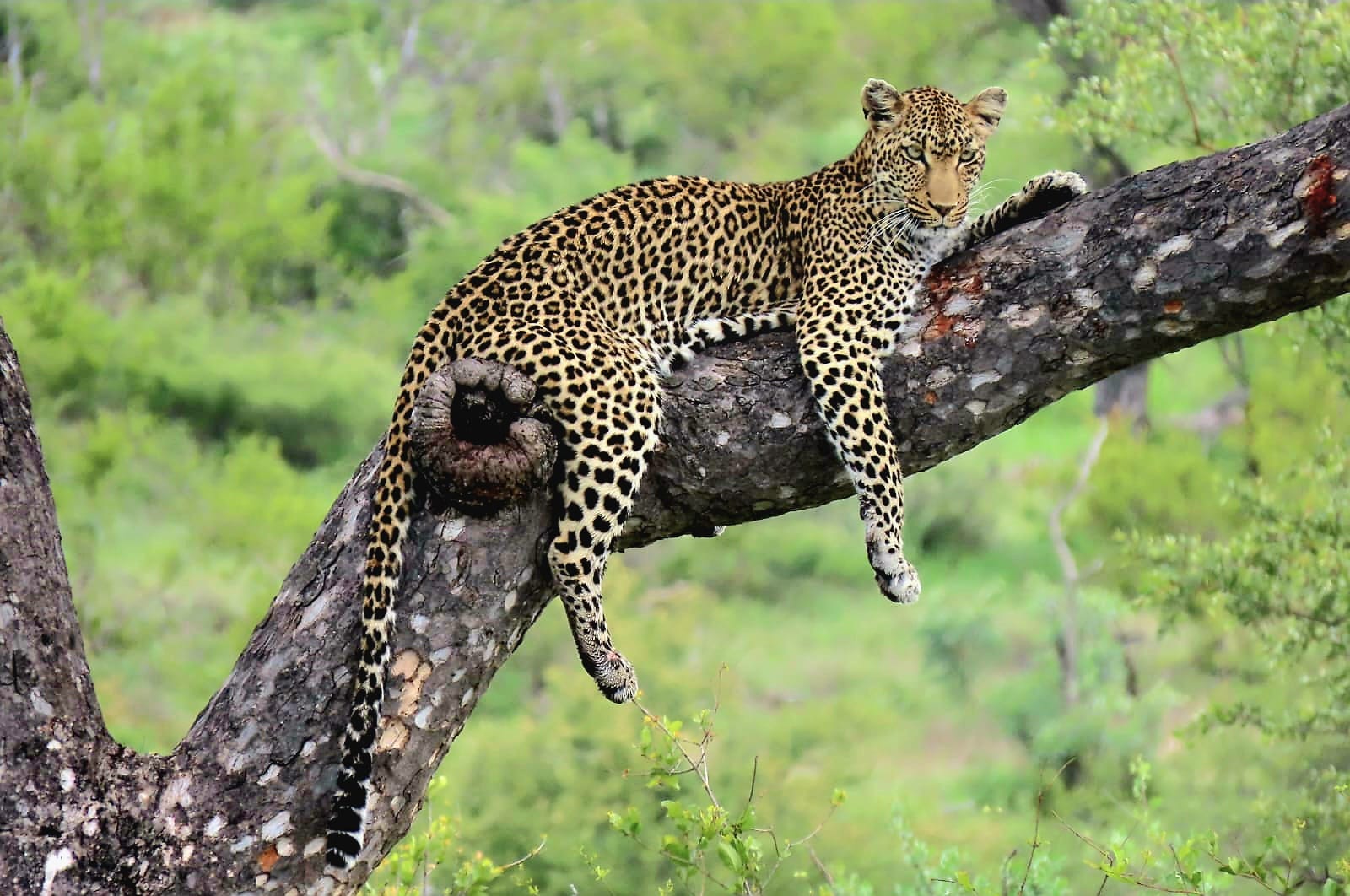
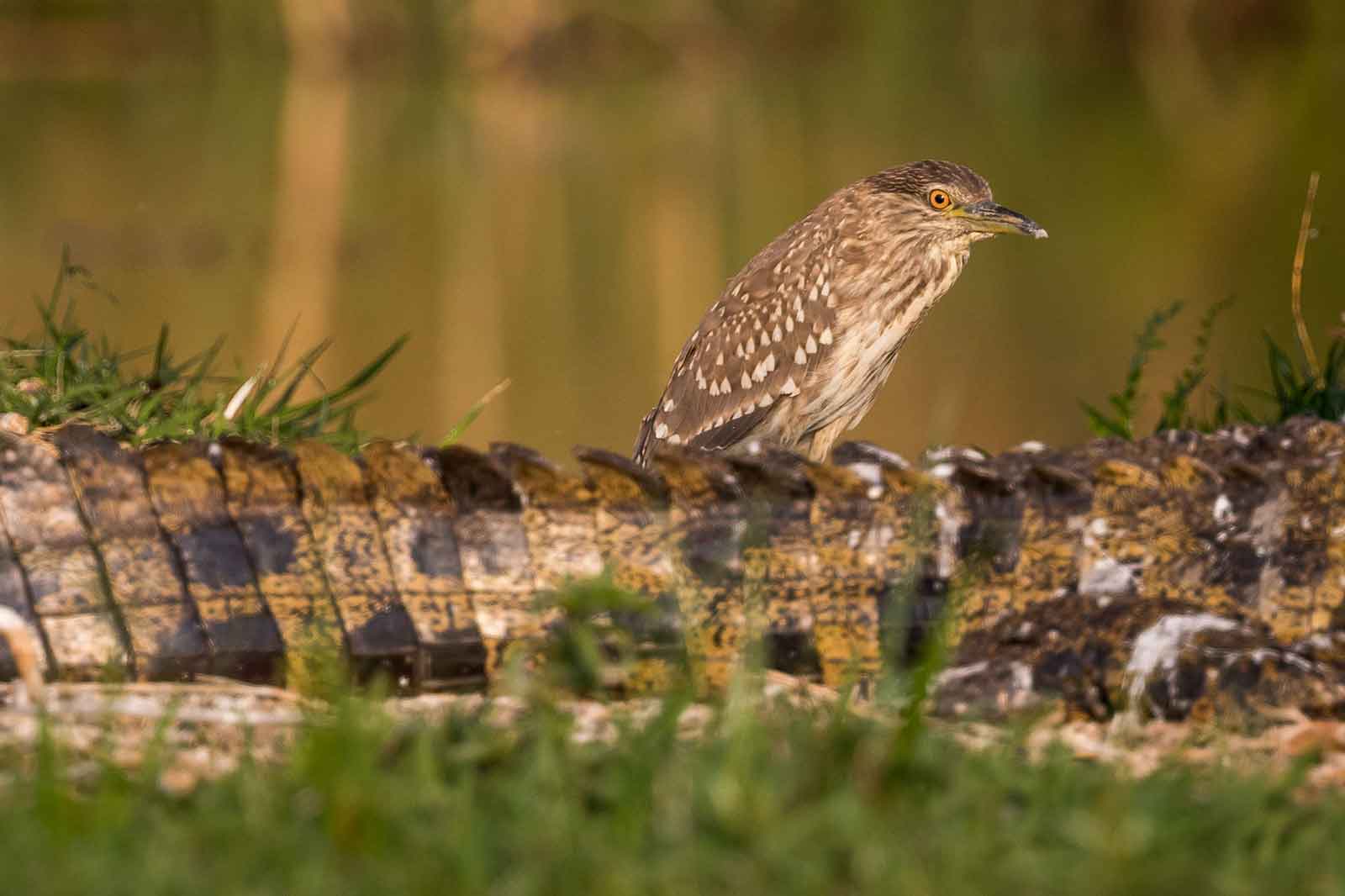
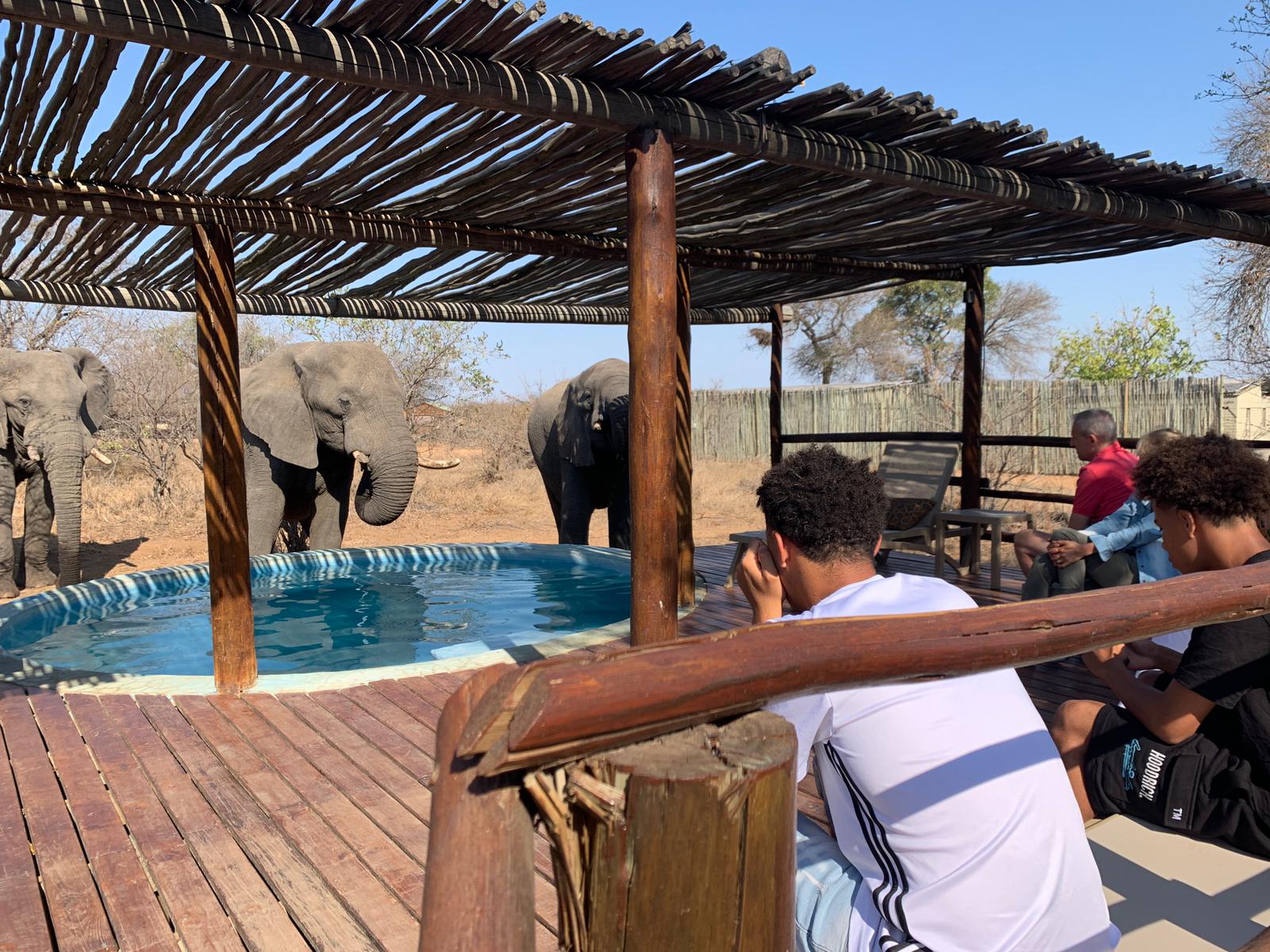
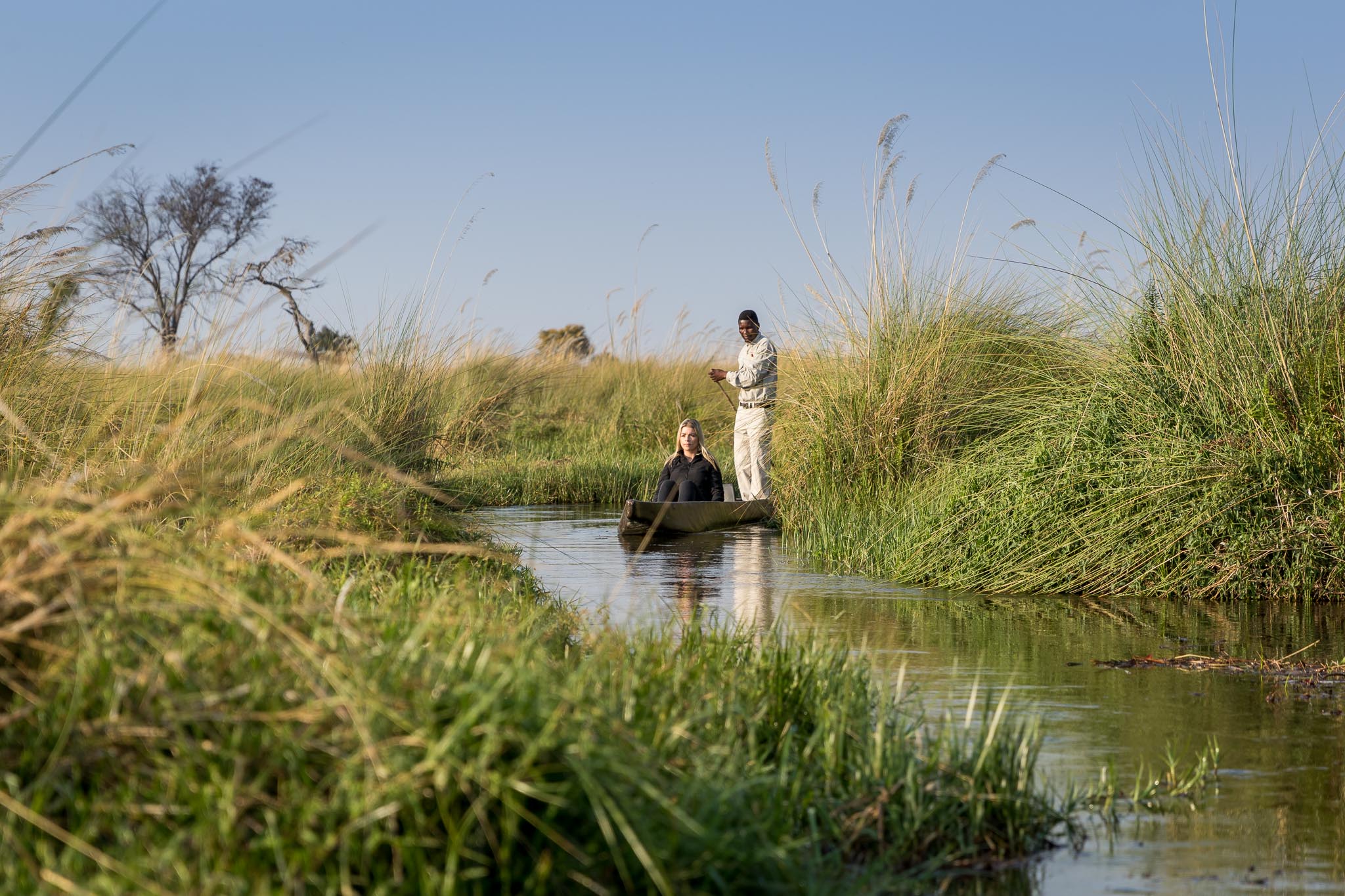
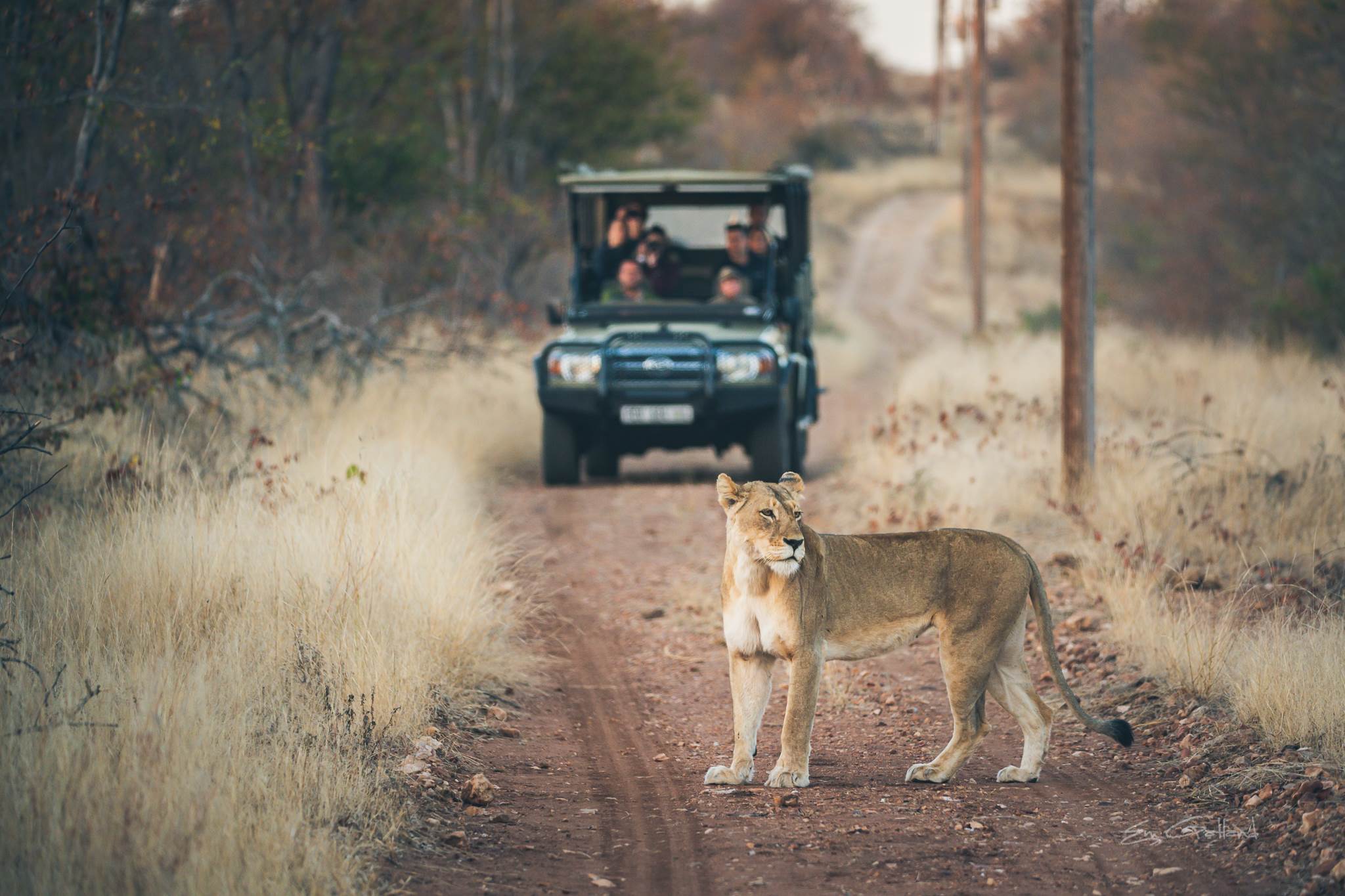
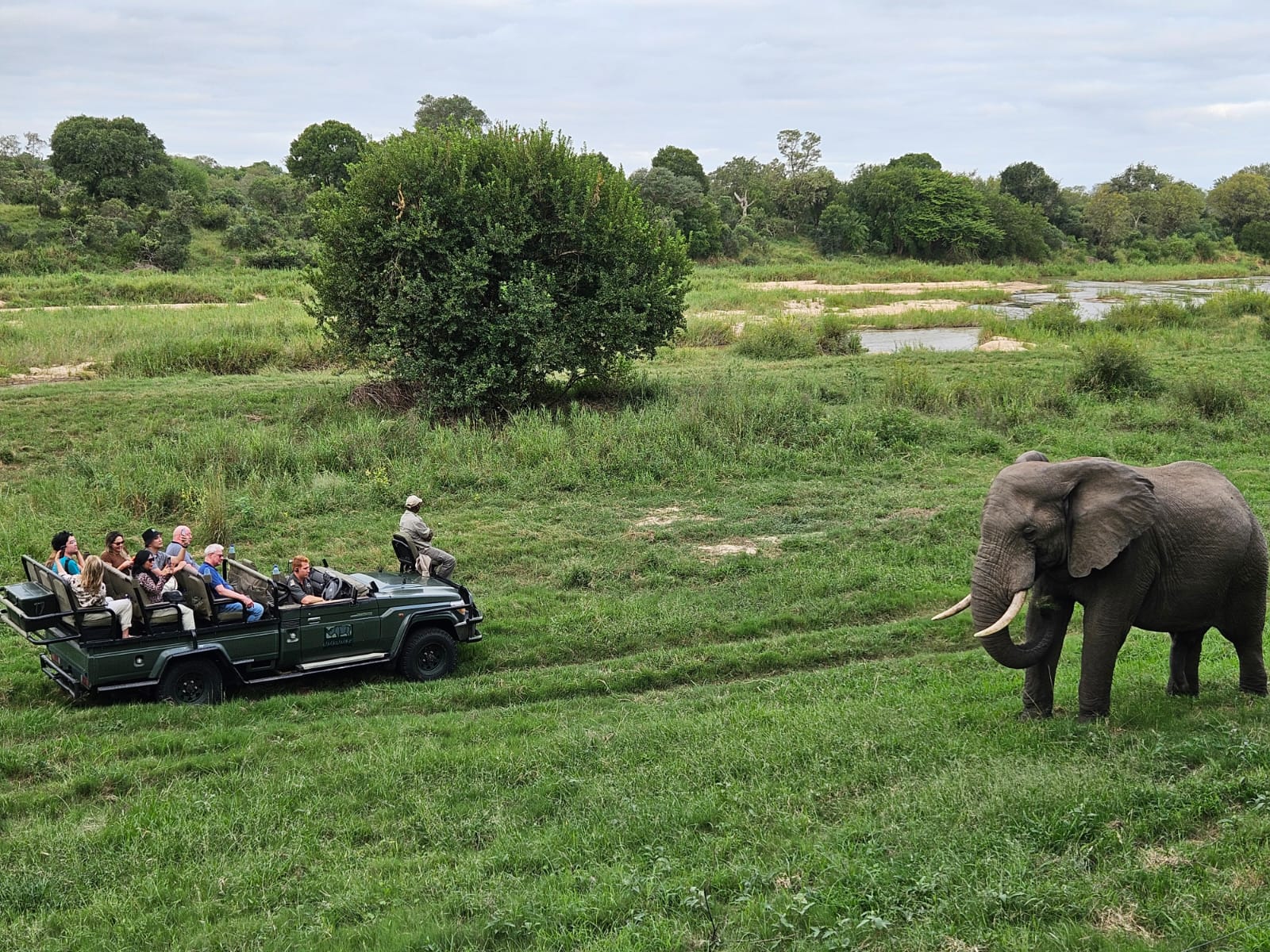
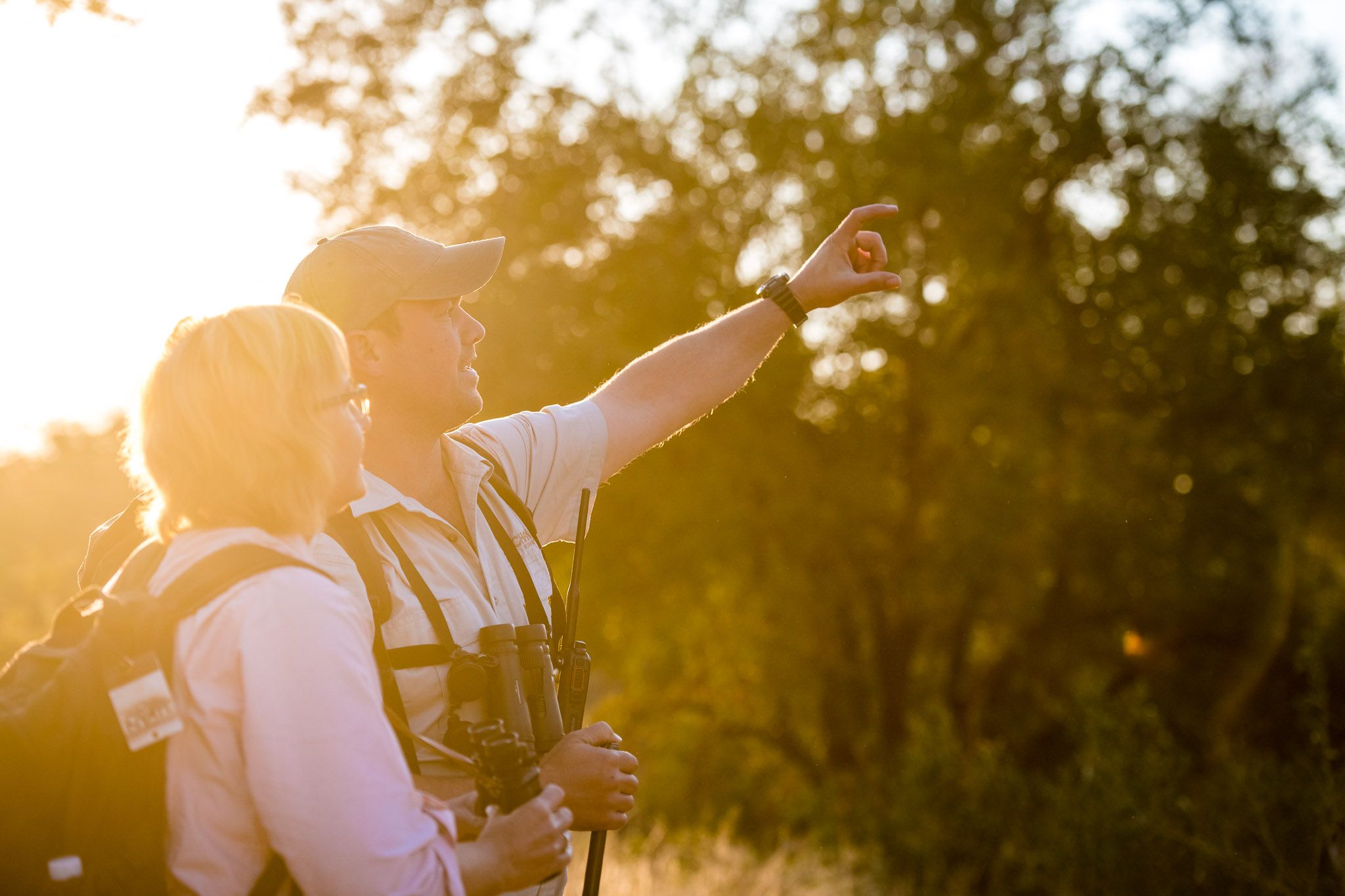
Leave a Comment